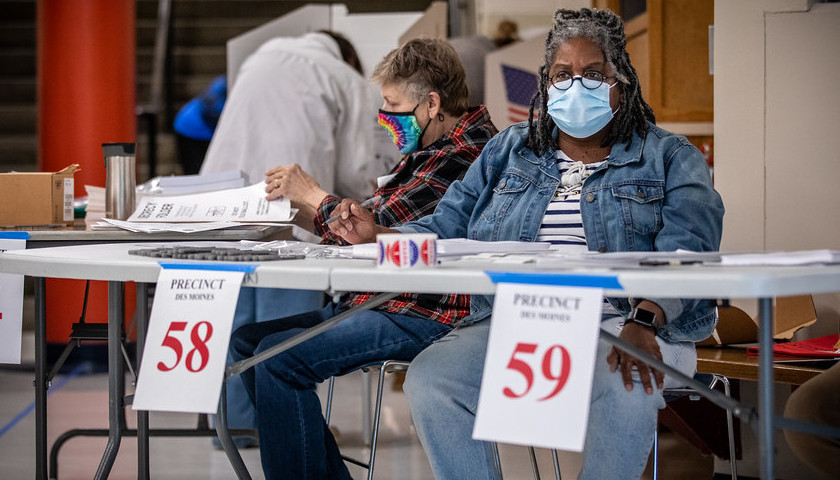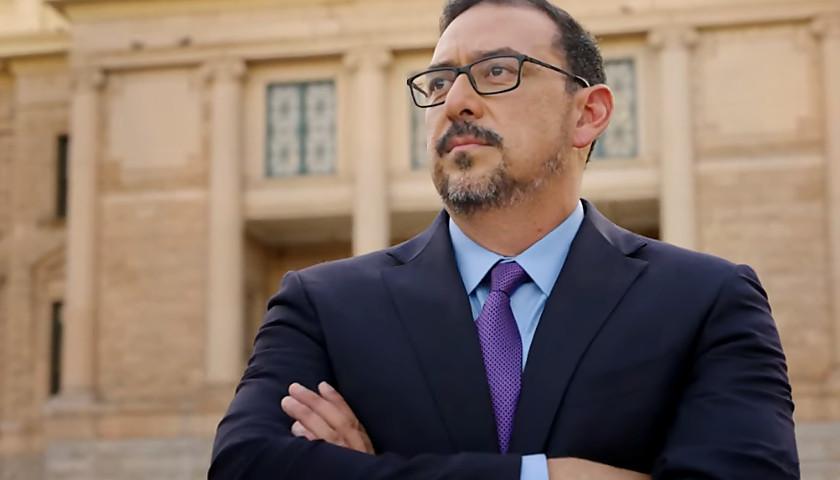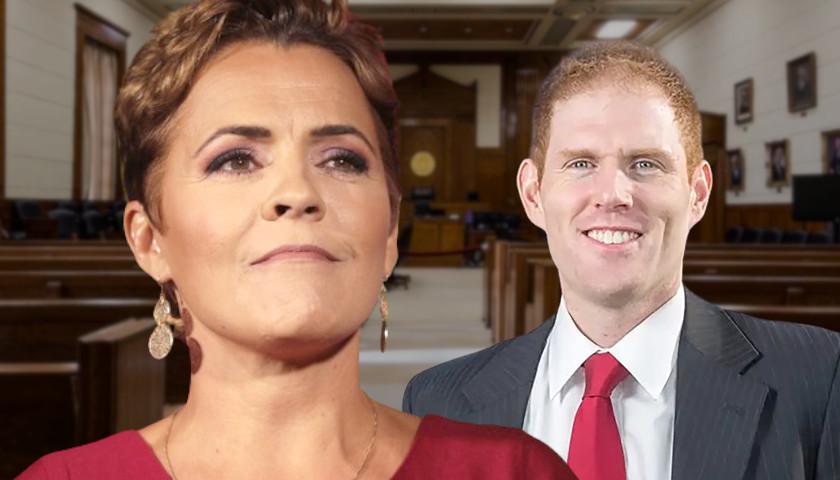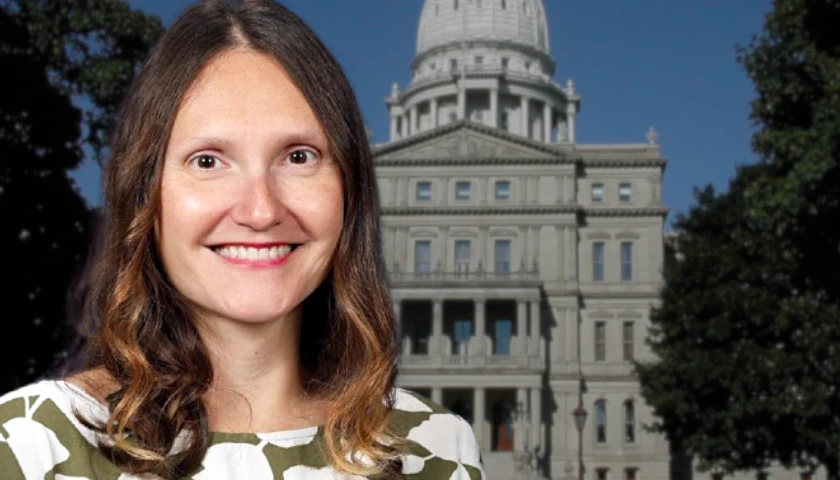Five ballot proposals addressing voting may be on this fall’s ballot if their sponsors collect enough signatures. Three of them, known as referendums, seek to stop legislation from becoming law, requiring 118,823 signatures each. The other ballot initiatives need 237,645 signatures each. Even if all the signatures are collected, a successful legal challenge could keep them off the ballot.
The Arizona Spartan Amendment seeks to require voter identification for in-person voting and requires all ballots to be hand counted instead of by machine. It limits mail-in voting to absentee ballots.
The Voters’ Right to Know Act states that it combats “dark money.” Chaired by Democrat former Arizona Attorney General and Phoenix Mayor Terry Goddard, it requires anyone spending more than $50,000 on statewide campaigns or over $25,000 on other campaigns to disclose the source of contributions over $5,000.
An organization named Arizona Deserves Better filed paperwork for three voter referendums. The first aims to send SB 1485 to the ballot, with the hope that voters reject it. SB 1485 cleans up the Permanent Early Voting List. Voters who don’t vote very often would be sent notices by the government requiring them to respond in order to remain on the list.
The second citizens’ referendum similarly sends HB 2569 to the ballot. That new law prohibits election officials from receiving private grants to help them run elections or register voters. This became a controversial issue after it came out that Facebook’s Mark Zuckerberg provided $350 million for this kind of work, which “strategically targeted voters and waged a voter assistance campaign aimed at poor and minority residents,” according to former CBS journalist Sharyl Attkisson. Zuckerberg donated the money to the Center for Tech and Civic Life, which then gave the money to numerous cities. In exchange, the election officials agreed to conduct their elections according to conditions set out by the CTCL. The CTCL is led by former members of the New Organizing Institute, a training center for progressive groups and Democratic campaigns.
The third citizens’ referendum sends parts of SB 1819 to the ballot; specifically, sections 4, 5, 21, 25, and 33. SB 1819 contains 10 measures to combat ballot fraud, including transferring the power to defend the state’s election laws from the secretary of state to the state attorney general. It allows the attorney general to intervene during any part of a legal proceeding regarding state election laws. Arizona Attorney General Mark Brnovich was forced to defend Arizona’s election laws when Democratic Secretary of State Katie Hobbs refused to. Brnovich took the case all the way to the U.S. Supreme Court and won, as the high court ruled last month in Brnovich v. DNC that Arizona may require citizens to vote within their precincts and ban ballot harvesting.
And finally, another part of SB 1819 the referendum refers to the ballot is the establishment of a Joint Task Force to investigate unfair practices by Big Tech toward political candidates, and to take action against that behavior as unlawful political contributions.
According to an analysis by Just Facts, non-citizens illegally cast 51,081 ± 17,689 votes in the 2020 election in Arizona alone. If just the lower amount of that number was removed from the totals, Donald Trump would have won the election, and with it Arizona’s 11 electoral college votes. Instead, Joe Biden was declared the winner in Arizona by 10,457 votes. In 2008, 82% of non-citizens said they voted for Democrat Barack Obama, while only 18% said they voted for Republican John McCain.
A preliminary audit of 100 votes in Maricopa County shortly after last year’s election found that three percent were altered. If three percent were altered throughout the entire county, it would be enough to alter the election results. The Arizona Legislature ordered a full audit earlier this year, and the results are expected to be released in August or September.
State Rep. Mark Finchem (R-District 11), the Arizona House member who spearheaded the investigation into Maricopa County’s November 2020 election, told a grassroots group in May that our elections have been open to manipulation and for much longer than we knew, long before November 2020. He is now running for Arizona Secretary of State.
The signature requirements are difficult for many ballot campaigns to achieve, so it is likely that several or even all of these initiatives and referendums may not make the ballot.
– – –
Rachel Alexander is a reporter at the Arizona Sun Times and The Star News Network. Follow Rachel on Twitter. Email tips to [email protected].





